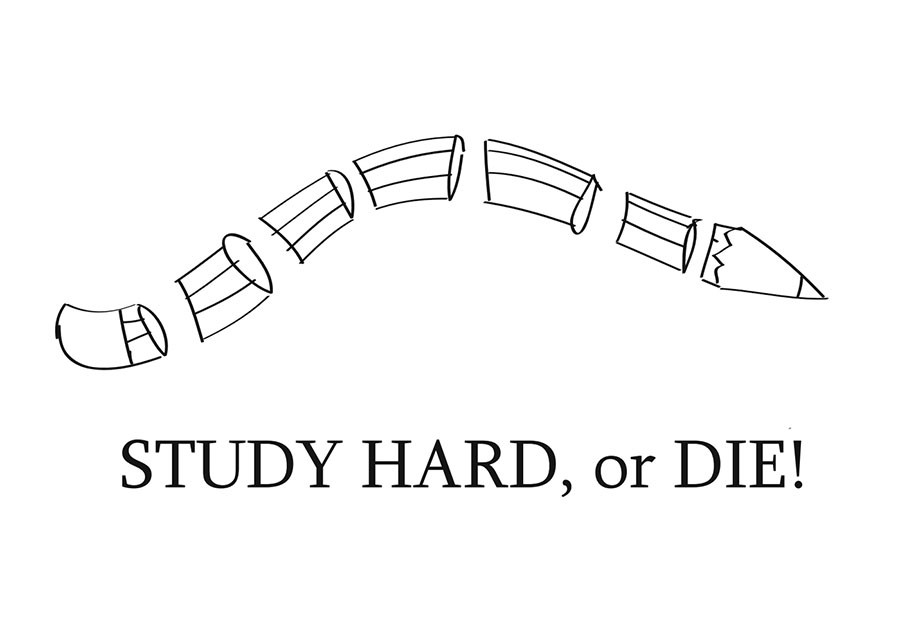APUSH teachers need to keep up with the curriculum for students’ benefit
May 7, 2015
Most of us know all too well the rush to study before a big test, and the APUSH test is no different. For many sophomores, it’s their first AP test, and they’re focused on doing well.
“You know you’re in trouble if Lincoln’s not dead by Christmas,” say many as a way to gauge the progress of U.S. History classes. So how screwed are you if he dies in April? Many students simply haven’t learned the material necessary for doing well on the AP test.
Many South sophomores taking APUSH this year hadn’t even covered World War I ‘till a week or two before the test date. Some take it upon themselves to learn months of curriculum on their own with little to no teacher support.
This happens in other AP classes, as well, but the disparity is most notable in classes that are fact-based (like history and science), as well as skill-based (like languages).
Frankly, it’s ridiculous to push onto high school students that are already under massive pressure by five other classes, work, sports, family, and extracurriculars.
Standardized history tests require many skills, such as critical thinking, historical writing, and of course, knowledge of facts and major themes from the area of focus. A balanced and well-taught class must focus on all of these to best educate students on these skills. Homework is best used as a supplementary tool, not the sole way for students to get the material they need.
Even without looking at the AP test (which AP classes are based around), the above skills are important for further education and even broader aspects of life.
However, sometimes classes simply don’t follow this guide. And boy, do the students notice. Their friends are over 50 years ahead of them in the historical timeline, and seem to be so much better and experienced in research, essay-writing and factual knowledge. It’s easy to feel cheated when you take a class that’s supposed to be challenging and useful, but it turns out to be disorganized and weak.
Some teachers may protest, “I’m against standardized testing! It’s an awful way to judge students’ intelligence, so I refuse to teach to it!”
And I totally agree, as a staunch opponent of standardized tests myself. But this argument is flawed in two ways:
- A skilled teacher (or even just a well-organized one) can teach to the requirements of an AP test without encouraging students to take it. They can also turn a “boring and restrictive” curriculum into a good (if not great) experience for students. I’ve seen it happen. It can be done.
- Also, why would one apply to teach an AP class in the first place if they disagreed with its politics enough to ignore its entire meaning?
Forcing students to make up for masses of lost curriculum on their own is more unethical than any test.
Not to mention, it’s classist. Some kids frankly don’t have the resources or time (better spent working to support their family) to do the extra hour a day that they missed in class, as well as other homework and such.
APUSH is unique in that it’s a required class — and for some underprivileged kids, the only AP class they’ll ever take — so APUSH teachers really need to be on the ball about making it a good experience for all, to encourage more students to challenge themselves in the future.
My point is this: of course, teachers vary. But they need to hold themselves to certain standards in their chosen career, because their students depend on them for a quality education.






Katie K • Dec 1, 2018 at 10:21 pm
Hi! Great article I would like to note that in many
I would like to note that in many
high schools APUSH is not a required class- I was surprised to read that apparently some schools do require it.
Adam Dennis • May 9, 2015 at 4:08 am
well written article – nice work!